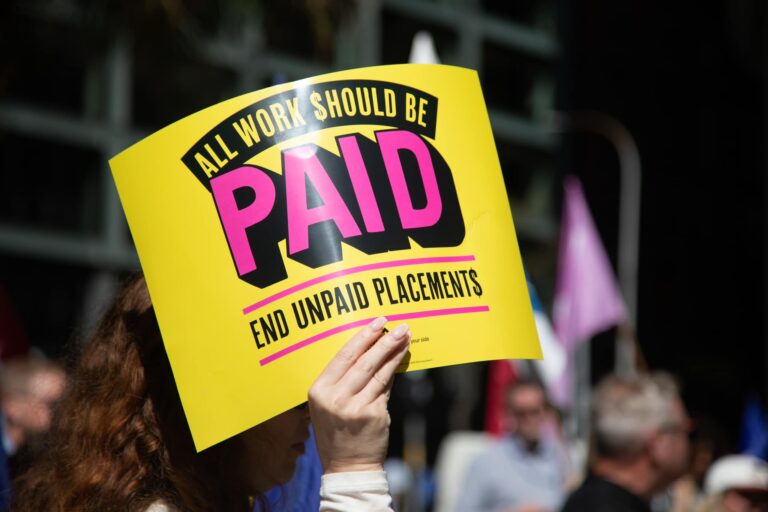
Students forced to pay for new university services
By Bianca Birdsall
University services and facilities are set to improve following the announcement of the National Access to Services Benchmarks and Representation Protocols.
To be introduced in 2010 and tied to university funding through the Commonwealth Grant Scheme, the benchmarks will be used to fund health, welfare and support services which have deteriorated since voluntary unionism was introduced in 2006.
From July 2009 universities will be permitted to charge students a contribution of up to $250 for the new services. SA-HELP, an extension of the Higher Education Loan Program, will be implemented to allow students who qualify to defer the fee.
Universities Australia, an advocacy body in Canberra that represents 38 universities, has expressed strong support for the policy. ‘Universities have struggled for years to prop up essential student services through cross-subsidisation from other parts of already stretched university budgets,’ said Dr Glenn Withers, Universities Australia chief executive.
Despite assurances from the Minister for Youth, Kate Ellis, the Opposition has claimed the fee is tantamount to compulsory student unionism. Opposition Education spokesman Christopher Pyne criticised the policy as a broken election promise.
‘The Coalition is extremely sceptical about the details of this plan ‘ details that haven’t yet been written,’ he said. ‘What we do know is that Labor wants to have a compulsory fee, imposed on students for services they don’t necessarily use, and a HECS style system to fund them.’
The benchmarks will be set following consultation with the university sector. The Bradley Review, a full examination of the direction of the higher education sector, will be released in December.









